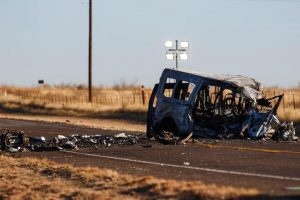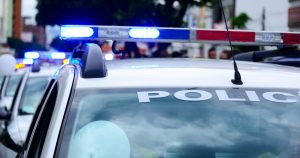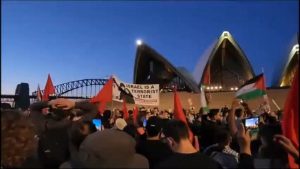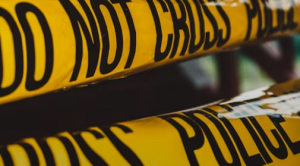The number of Koala Bears in Australia, which serves as the national symbol of the country’s wildlife, has been reduced by 30% in the past three years, said Australian Koala Foundation. The prime reasons behind this decline were natural crises like droughts, deforestation and bushfires.
According to the non-profit group, the koala population, which was 80,000 in 2018, has dropped to less than 58,000 this year with the worst decline in the state reported in New South Wales, where the numbers have dropped by 41%.
“The declines are quite dramatic,” Australian Koala Foundation Chair Deborah Tabart said.
Also Read: Why black tigers in Odisha sound warning
According to Tabart, the steep decline in New South Wales is believed to be accelerated due to swathes of forest fires that devasted a number of wilds in late 2019 and 2020. Some of these areas were already falling short or had no koalas at all.
“What we’re concerned about is places like western New South Wales where the drought over the last 10 years has just had this cumulative effect — river systems completely dry for years, river red gums, which are the lifeblood of koalas, dead,” she told Reuters.
Calling for stringent Koala protection laws in Australia, Tabart noted that there were no upward trends anywhere in the country in terms of Koala numbers. Only one area in the study was estimated to have more than 5,000 koalas, and some regions were estimated to have as few as five or 10.
Also Read: Expert explains how IUCN’s ‘Green status’ will help endangered species
“I just think action is now imperative. I know that it can just sound like this endless story of dearth and destruction, but these figures are right. They’re probably worse,” Tabart told Reuters.
Meanwhile, the Australian government in June called for public comment on a national recovery plan for adversely affected regions like New South Wales, Queensland and the Australian Capital Territory around Canberra,
Also Read: Starting next year, California may have to give up bacon. Here’s why
The administration also asked the people whether the koala’s threatened species protection status should be raised from “vulnerable” to “endangered.” Comments on the recovery plan are due on Friday.






